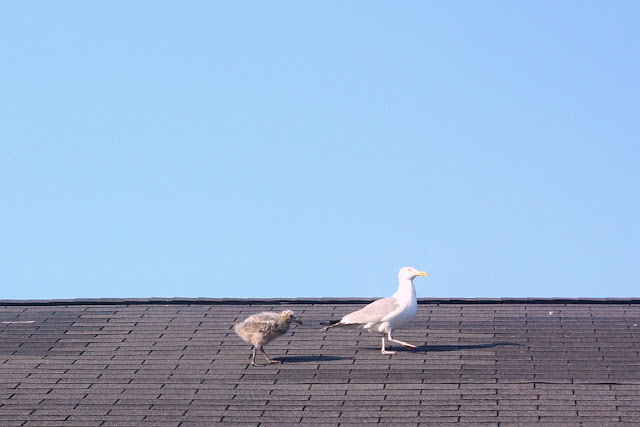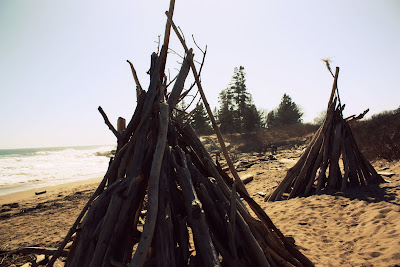So much has been happening around here this past month! Lots of interesting things are in the works. I have much news to share and many stories to tell, but first I have the great joy of taking part in 5 on 5, along with some wonderful photographer friends. Each month we share 5 of our own photos from the previous 30 days, and we link to each other's blogs, creating a chain of beautiful photos and stories. How wonderful is that? Big thanks to my friend, Stephanie, for starting this group back at the beginning of the year. I've known Stephanie for years now through the blogging/Flickr world, and I've long admired her photography, so I'm just chuffed to be a part of this group. You can see her 5 on 5 post here.
As some of you know, I've been working on a series of pictures that I'm calling my Dark Flower portraits. The peonies above are one of the newest in the series. I'll have news to share about the series in my next post, but for now, I'll just share some writing I did in an Instagram post that was inspired by this photo:
A gardener thinks about life and death always as one. In each flower's race toward blossoming is its race, too, toward decline. I'm saying nothing new, only that when you garden, this thought is always present. In the garden I am surrounded by the new growth of runner bean sprouts, the full flush of a climbing rose, and the last breath of a lush peony all at the same moment. My wheelbarrow is piled high with a day's kill: the weeds I pulled, faded blossoms I plucked, lily beetles I crushed between gloved finger and thumb. The gardener must not be squeamish about death. She must recognize its necessity even as she rejoices at the sight of her first ever iris uncurling itself with a flourish from the spear of its stem.
Not all of my recent photos have been dark. In fact, some have been quite light and even ethereal. I'm taking nearly all of my stills in a northeast facing window of my little workroom/studio/study. It provides my favorite light for stills. I can't imagine taking photos without that northeastern light!
The peonies in the twilight shot above are only a few of the thousands to be seen and smelled at Gilsland Farm in June. This old farm is home to the Maine Audubon Society, and it is one of my favorite spots anywhere in the world. Meadows, woods, marshes, and lush gardens all in one magical place on an estuary just a few minutes outside of Portland, but truly a world away.
Clearly, peonies have been inspiring me over the past month, but so have many far less showy flowers right here in my own gardens, including the pelargoniums (geraniums). In the shot above I tucked some lovely wild pink ones into a busted old crate.
The purple geranium in this final shot is one of Todd's favorite flowers. It's combined with a wee sprig of lady's mantle in a handblown perfume bottle that a former boss gave me a lifetime ago. The Dark Flower portrait series is helping me to see photography--and thus my life--in a new way, and helping me come to terms with some things about the creative process (and the process of just living in this messy, heartbreaking, beautiful world) that have always frightened me. I relish this chance to dive deeper and work harder.
Thanks, wonderful friends, for stopping by. You never cease to inspire me.

























































